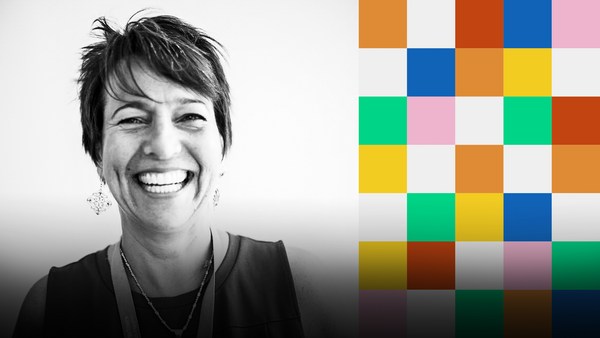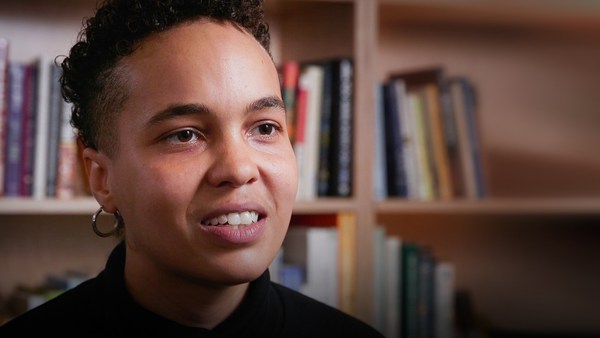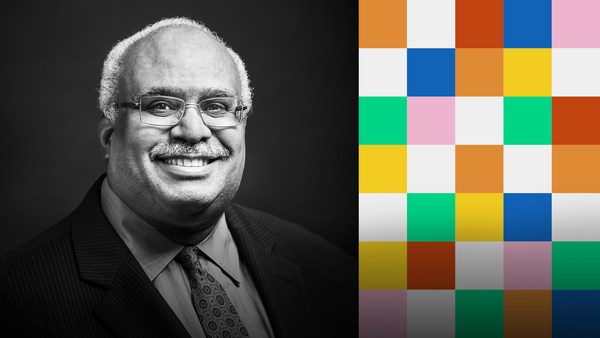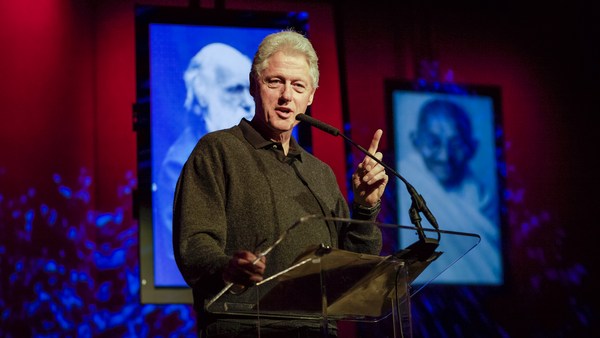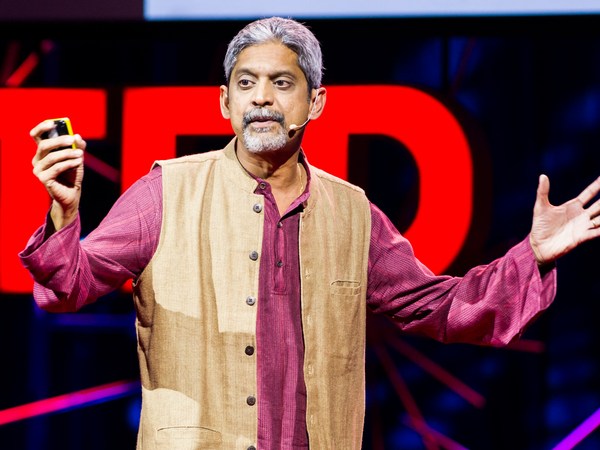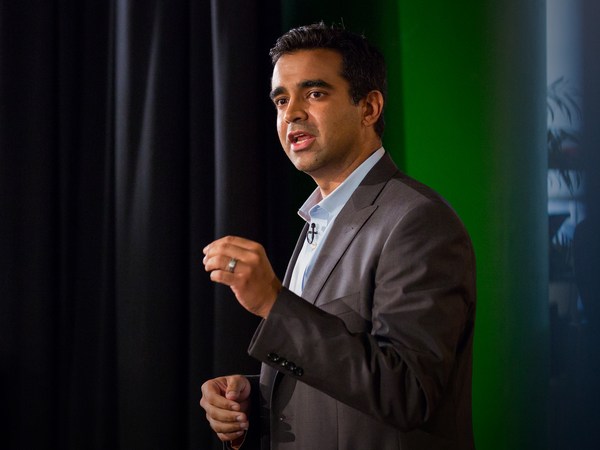Good evening. It is such a blessing to work at the Harlem Children's Zone, an African-American-led organization that has pioneered the field of comprehensive place-based services, from cradle to career. And that word, "comprehensive," is so key to what we do.
You know, most interventions focus on one piece of a complicated, giant puzzle. But that's not enough to solve the puzzle. You don't solve education without understanding the home context or the home environment of our young scholar. Or the broader context of health, nutrition or criminal justice.
The unit of change for us is not the individual child, it's the entire neighborhood. You have to do multiple things at the same time. And we have 20 years of data to prove that this works. We've had 7,000 graduates of our baby college, we've eliminated the Black-white achievement gap in our schools. We've reduced obesity rates in our health programs and have close to 1,000 students enrolled in college. We weave together a net of services so tightly, so that no one will fall through the cracks.
And we've inspired global practitioners. We've had over 500-plus communities across the US and 70-plus countries come and visit us to learn our model. You see, the problems of the globe, and the problems of the world are not neatly siloed into buckets. So therefore the solutions must be comprehensive, they must be holistic.
And now we're in the midst of a global pandemic. COVID-19 has revealed to us what we always knew to be true. The poorest among us pay the highest price with their lives and their livelihood. And that's playing out every day in the African American community, where we're 3.6 times more likely to die of COVID than our white counterparts. We're seeing those health disparities on the ground in New York City, our nation's epicenter. And to compound the impact of the health disparities, there's significant economic devastation, where one in four of our families in Harlem report food insecurity, and 57 percent report a loss of income or a loss of their job.
But to better understand the work of the Harlem Children's Zone, I want to share a story with you, about a second-grade scholar named Sean. Sean is a beautiful Black boy whose smile would light up any room that he's in. And when quarantine began in March, we noticed that Sean wasn't attending virtual school. And after some investigation, we've come to learn that Sean's mom was hospitalized due to COVID. So he was at home with grandma and his baby sibling, who was his only viable support system, since Sean's father is incarcerated. Grandma was struggling. There wasn't much food in the household, limited diapers, and Sean didn't even have a computer. When mom was released from the hospital, their challenges deepened, because they could no longer stay with grandma, due to her preexisting health conditions. So Sean, his baby sibling and his mom had to go to a shelter.
Sean's story is not atypical at the Harlem Children's Zone. We know Sean and millions like him all across the country deserve to have everything that this world has to offer, without inequality robbing them of that opportunity. All the result of racism and historical and systemic underinvestment are now compounded by COVID-19. Our comprehensive model uniquely positions the Harlem Children's Zone in the fight of COVID. The success that we have on the ground in Harlem makes it imperative, and it is our responsibility to share what we know works with the country. We have developed a comprehensive COVID-19 relief and recovery response for our community, that was surfaced from our community, focused on five primary areas of need, and already servicing families like Sean's. They are the following.
One, emergency relief funds. We know that our families need cash in their hands right now.
Two, protecting our most vulnerable. We know our families need access to essential goods and information. So that is food, that's masks, that's a curated resource list and public health campaigns.
Three, bridging the digital divide. We believe that internet is a fundamental right. So we need to ensure our families have connectivity, and also all school-age children in a household have the proper learning devices.
Four, zero learning loss. We know that there's a generation of students at risk of losing an entire year of their education. We need to make sure that we are providing high-quality virtual programing, in addition to having safe reentry planned for school reentry.
And five, mitigating the mental health crisis. There's a generation at risk of having PTSD, due to the massive amounts of toxic stress. We need to ensure that our families have access to telehealth and other virtual supports.
We have six amazing partners across six cities in the United States that are adopting our model for their own context in their community. They are Oakland, Minneapolis, Chicago, Detroit, Newark and Atlanta. In addition to those partners, we have three national partners, who will be sharing our model and sharing our strategies through their network, in addition to amplifying our impact by policy advocacy.
We will have impact on three levels. Individual impact on the ground in Harlem, across a number of outcomes in education, in health, in economics, reaching 30,000 people. There's community-level impact across six cities, again through our amazing partners, that will reach an additional 70,000 people. And then national impact, not only through policy advocacy, but through capacity building at scale.
Our answer to COVID-19, the despair and inequities plaguing our communities, is targeting neighborhoods with comprehensive services. We have certainly not lost hope. And we invite you to join us on the front lines of this war.
Thank you.
